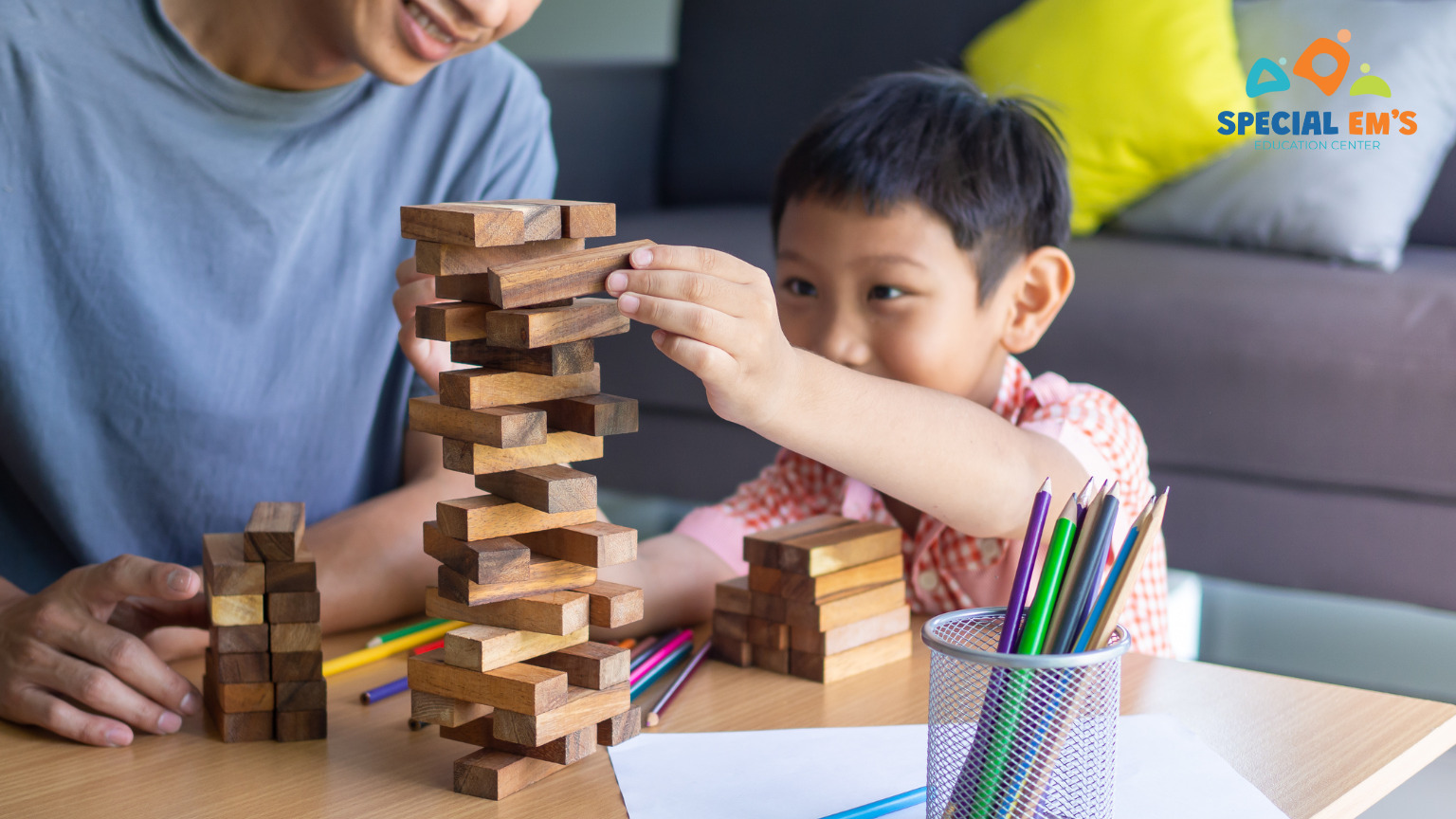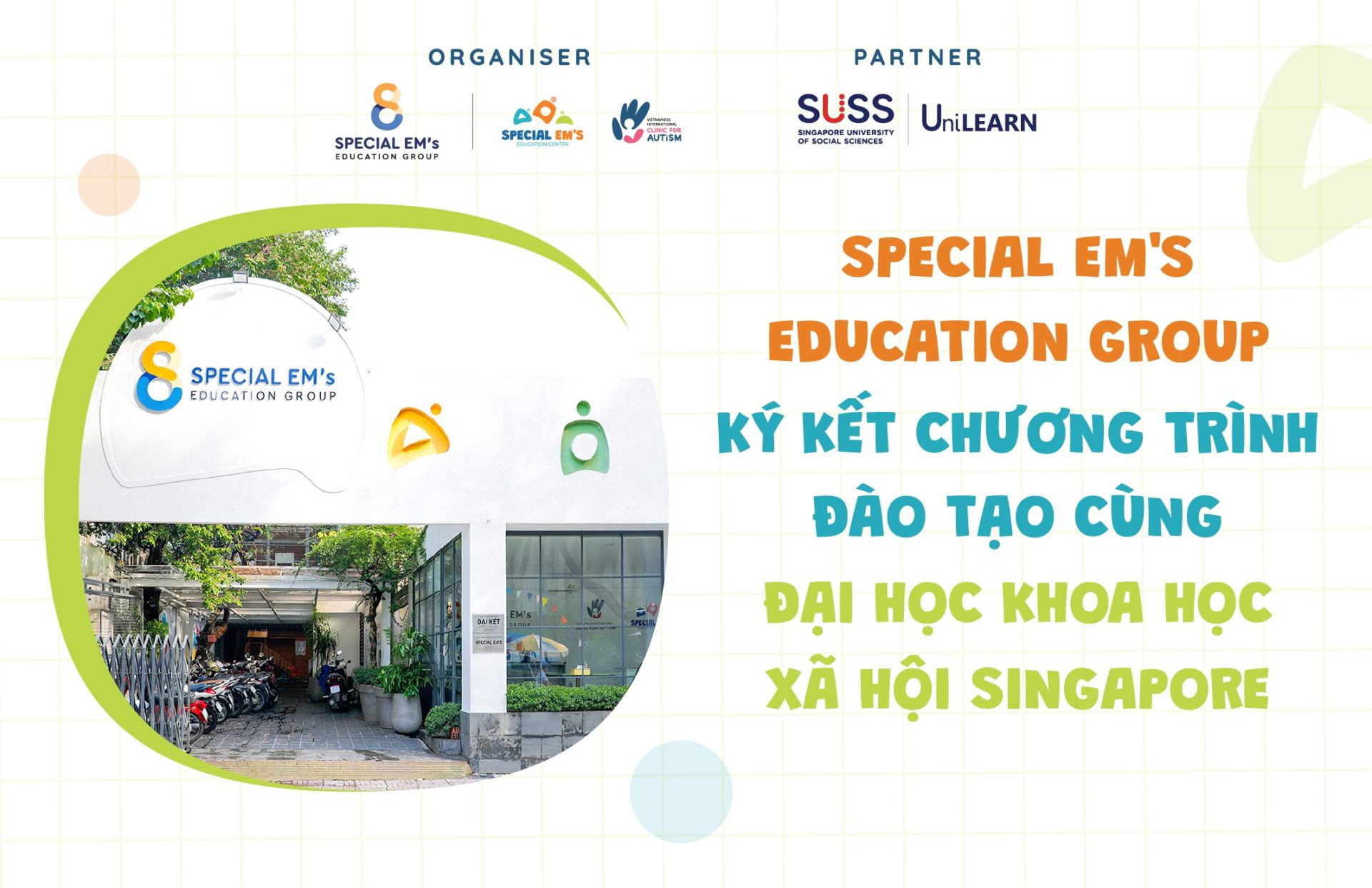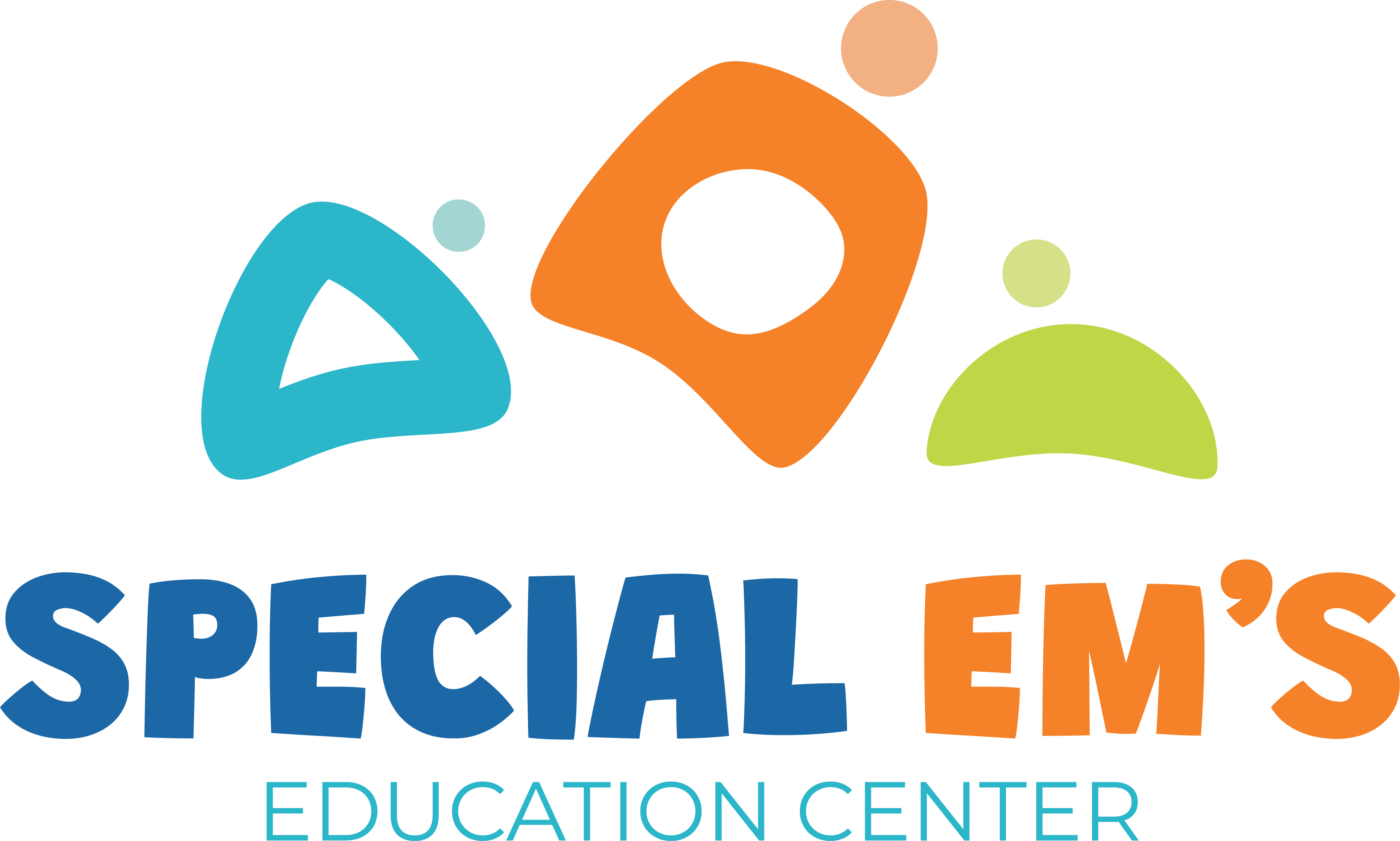November 7, 2023
Activities to Increase Preschoolers’ Attention Span
Many parents usually wonder there are some differences about their child’s attention between school and home. In reality, One of the most important keys to success at school is having a well-developed concentration span. In this blog, we will discuss about how to improve the attention span of a child. Parents should take action as soon as possible to take advantage of “the golden time” because it can be difficult to fix a concentration problem in an older child. The best time to work on this skill is during the early preschool years (4-6 years old) when you as a parent or teacher can actively build their focus.

What is Attention Span?
Attention or concentration span is a child’s ability to give undivided attention to the specific task at hand. It requires blocking out all other stimuli – such as sound (the class next door making a noise), visuals (watching what’s happening outside the window) or unnecessary information (old notes written on the board). During a school day, children need to concentrate repeatedly on different tasks, in an environment that can be very overstimulating for some.
Monitor your child’s concentration span during their preschool years and make sure it is increasing slowly with time. School will become extremely difficult and exhausting for a child who struggles to focus. As with all other developmental skills, it is easier to build in the preschool years than later on in life.

What is the Average Attention Span of a Preschooler?
According to this article by Brain Balance on attention span, it is generally accepted that a child can concentrate for roughly 2 to 3 minutes per year of age, so:
- The attention span of a 3-year-old is approximately 6 to 9 minutes.
- The attention span of a 4-year-old is approximately 8 to 12 minutes.
- The attention span of a 5-year-old is approximately 10 to 15 minutes.
This means the average concentration span of a preschooler is usually less than 15 minutes. That is, 15 minutes purely focused on one task. For younger preschoolers, it is 5 minutes. This is only a general guide and children differ in their development. Children may concentrate for longer (even much longer) if they are interested and engrossed in an activity.
If you are worried about your child’s ability to focus, first ask yourself if you are expecting them to concentrate for a manageable block of time. It is much more effective to work on short tasks and provide frequent breaks than to try and sit for an hour with a 4-year-old.
A great way to refocus your child during an activity is with movement.
Activities to Increase Attention Span in Preschoolers
You can build your child’s ability to focus on these simple ways. Here are some activities to improve attention and concentration span in preschoolers.
Focus Games
Play games with your child that require a lot of focused attention.
- A child playing a board game, for example, has to remember whose turn it is, follow the count on the dice, remember the rules, and pay attention throughout.
Try one of these thinking games which will also encourage paying attention.
- Games like Snakes and Ladders or Ludo are great for building concentration.
- Try playing games such as Simon Says, I Spy with my Little Eye or the Odd One Out Game.
- Listening games like Musical Statues and Broken Telephone will also build concentration.
- Another great game for building concentration is a memory game – played with pairs of matching cards.

Activities with an End Result
With certain activities, such as drawing a picture, children can simply stop when they lose concentration or become bored. However, give your child a puzzle and they will more than likely finish it since it will be incomplete if they don’t. Provide opportunities like this and your child will persevere longer than they normally would, which will lengthen their concentration span over time.
The best puzzles for young children are sturdy, wooden ones like these. Older preschoolers may be ready for 24-piece puzzles.

Movement Breaks
Not only does physical activity help develop children’s concentration span in general, but it also helps reset and re-energize immediately. The most effective way to provide a break during an activity is through a quick brain break or a movement activity.
Brain breaks can be as short as a minute. They will get the blood flowing and boost kids’ concentration so they can continue on an activity for another few minutes.
Think about how you feel when you are sitting in front of your computer working for a few hours. Just the simple act of getting up, making some coffee and walking around for 2 minutes can reset your body and make you feel fresh when you resume your work.
For children, not only do movement breaks help them to refresh and reset, but they are also an opportunity to develop gross motor skills such as core strength, coordination and balance, and even cognitive skills.
Concentration Exercises
Here are 18 quick exercises you should try to do often that will give kids a good stretch and refocus them on their tasks.
- Sitting with your legs stretched out in front of you:
- Shake your knees and then your feet.
- Bend over and hold your toes.
- Stretch your toes forward.
- Stretch your toes back.
- Stand and move your arms:
Walking exercises
- Walk backwards using small steps, then large steps.
- Walk sideways, first to the right, then to the left.
- Pretend you are walking along a rope. Go in a straight line.
Balancing exercises
- Stand on one leg. Count to 5, then swap and stand on the other leg.
- Stand on the tips of your toes. When you are balancing, close your eyes and stay on your tip-toes.
- Stand on the tips of your toes and walk around the room.
- Hop with feet together, then one foot at a time.
Lying down exercises
- Pretend to be a ball: Hold your knees in tight. Pretend to be a ball and rock backwards, forwards and around.
- Seal slide: Lie flat on your tummy. Stretch your arms and legs by holding your feet. Then keep your legs bent and straighten your arms out to the side and lift your body off the ground.
- Flying plane: Lie flat on your tummy. Lift your arms and hold them in the air like an airplane. Then move your arms up and down.

Age-Appropriate Activities
Children will only develop their concentration span when doing activities that are age-appropriate. If you give your child a puzzle that is too advanced, he will give up early on and lose motivation. If the activity is too advanced or too long, your child will not find it meaningful and will lose interest.
Giving academic or formal activities will have the opposite effect of what you may have intended. The right length of time to expect a child to focus solely on one activity is roughly 2 to 3 minutes for each year of age. If you provide short age-appropriate activities that are challenging but aren’t impossible, your child will gradually start to spend a little more time as she matures.
(To be continued)
Source: https://empoweredparents.co/
